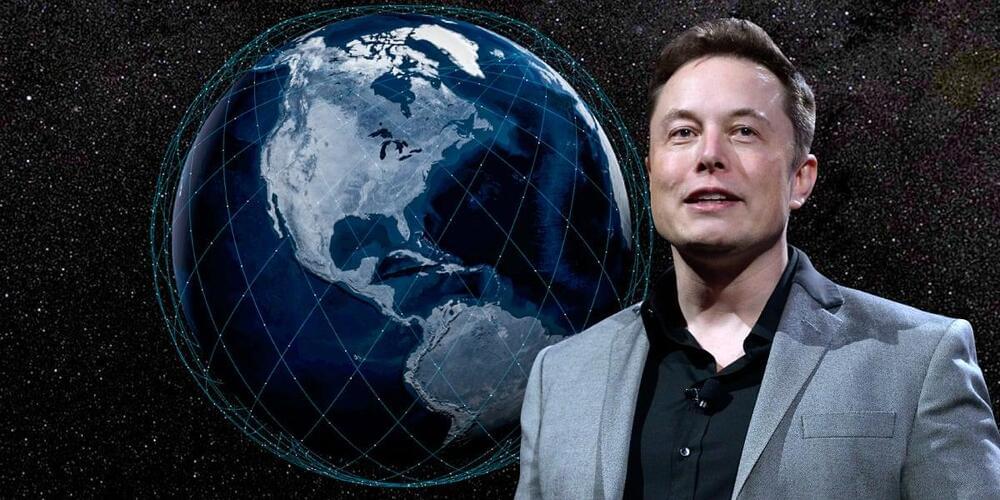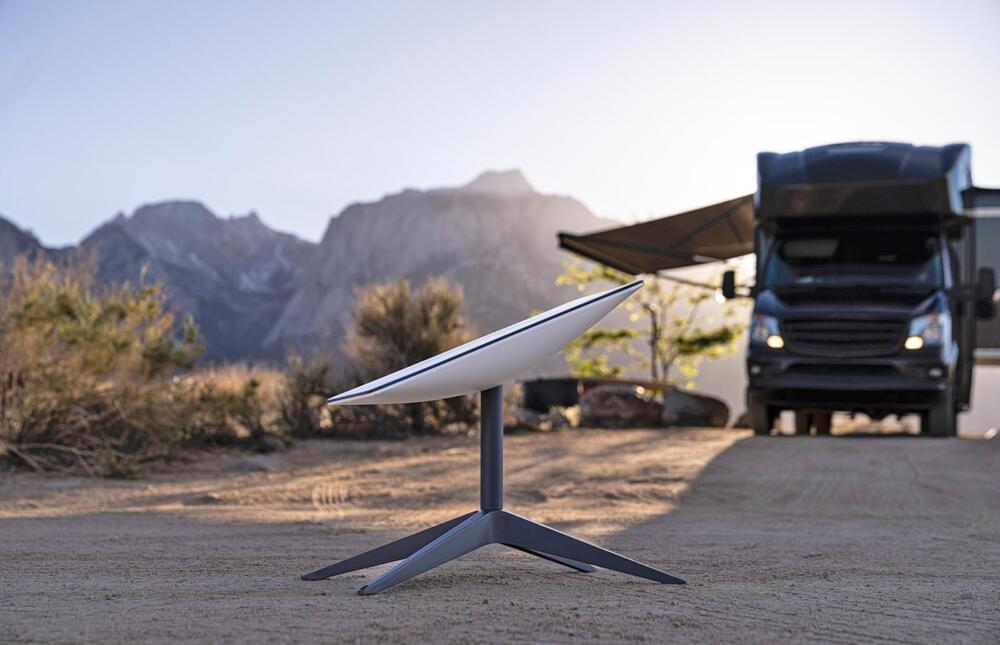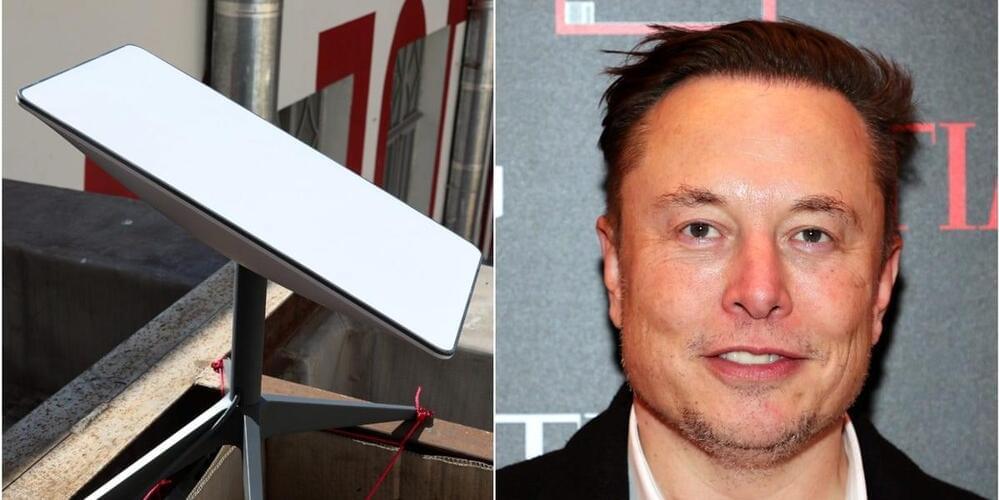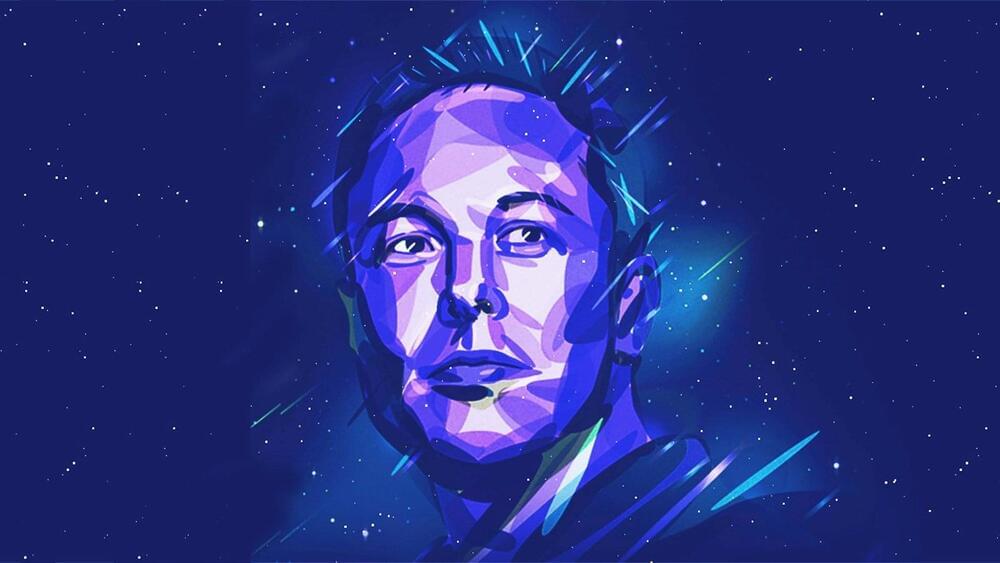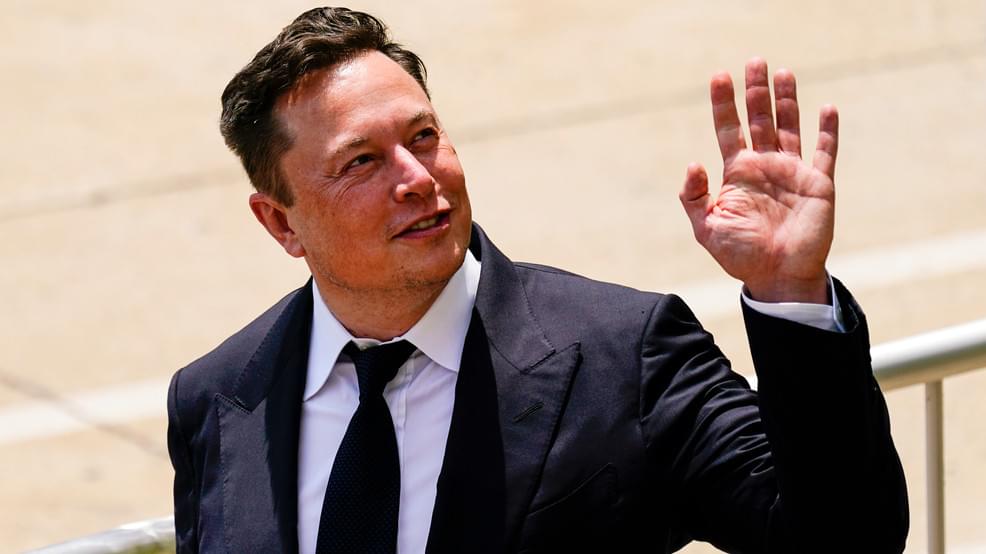The study was led by Ren Yuanzhen, a researcher with the Beijing Institute of Tracking and Telecommunications, under the PLA’s Strategic Support Force. Coauthors included several senior scientists in China’s defense industry.
Ren and his colleagues could not immediately be reached for comment and it is uncertain to what extent their view represents an official stance of the Chinese military or government.
“A combination of soft and hard kill methods should be adopted to make some Starlink satellites lose their functions and destroy the constellation’s operating system,” said the paper, published in the domestic, peer-reviewed journal Modern Defense Technology.
